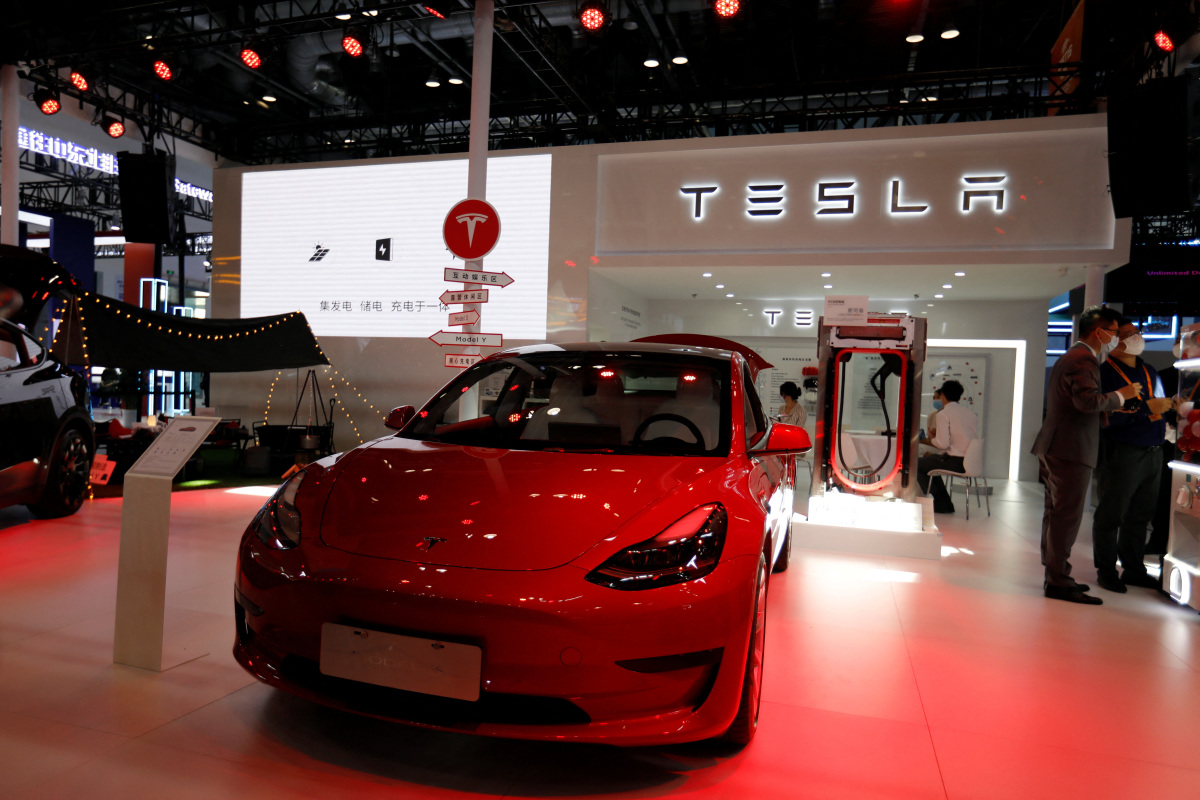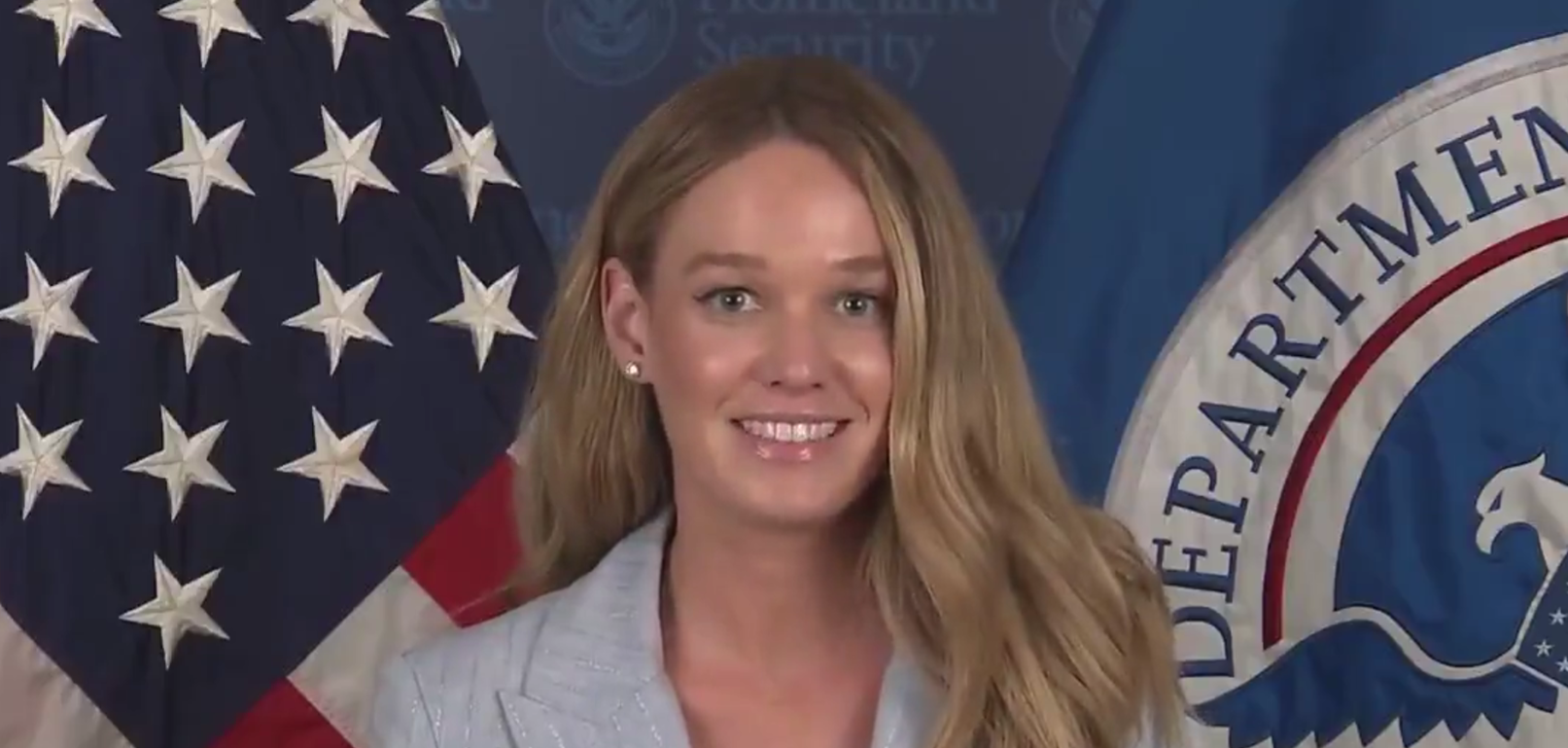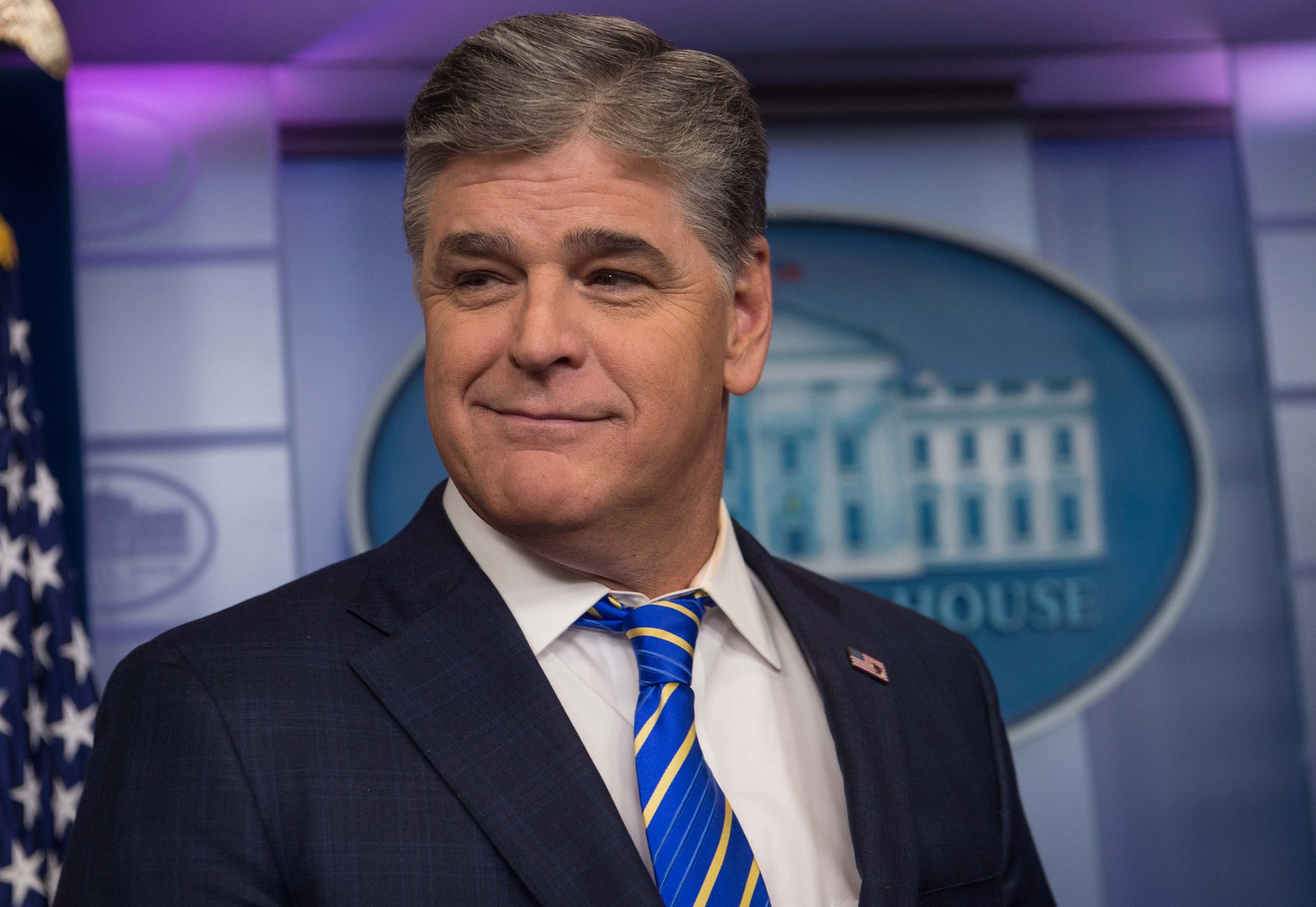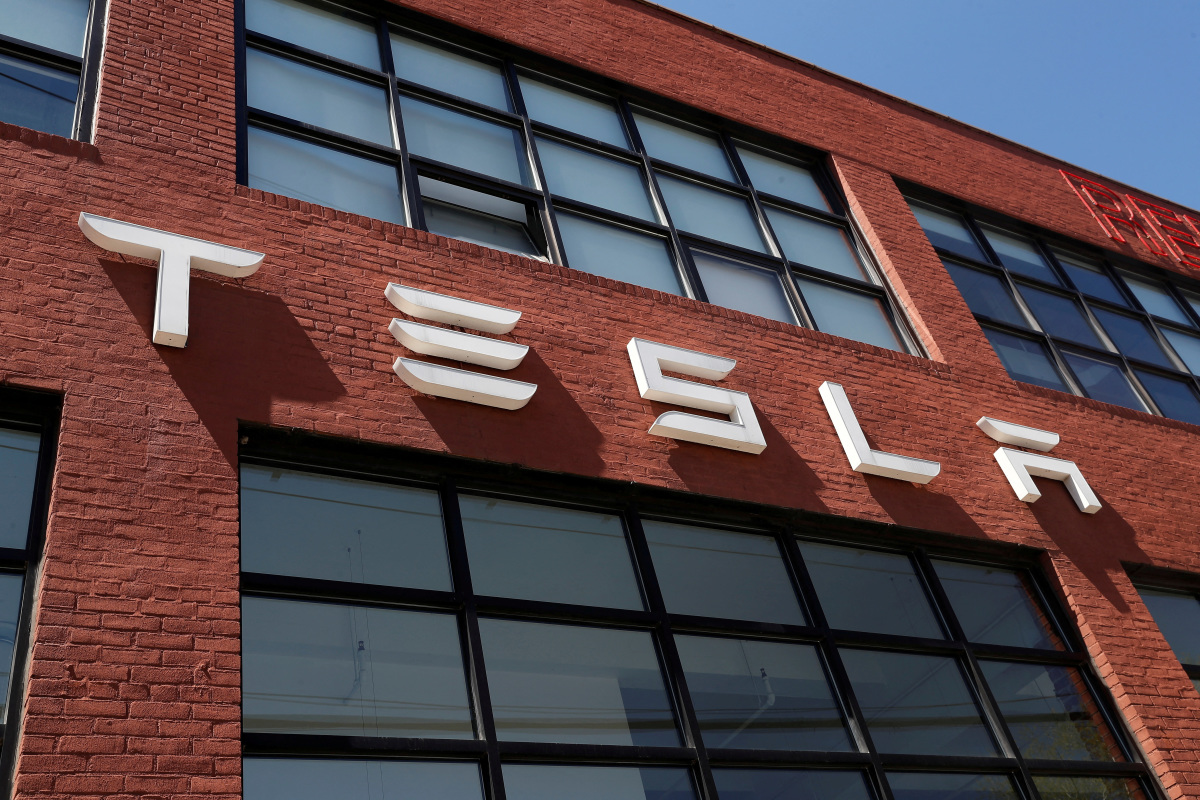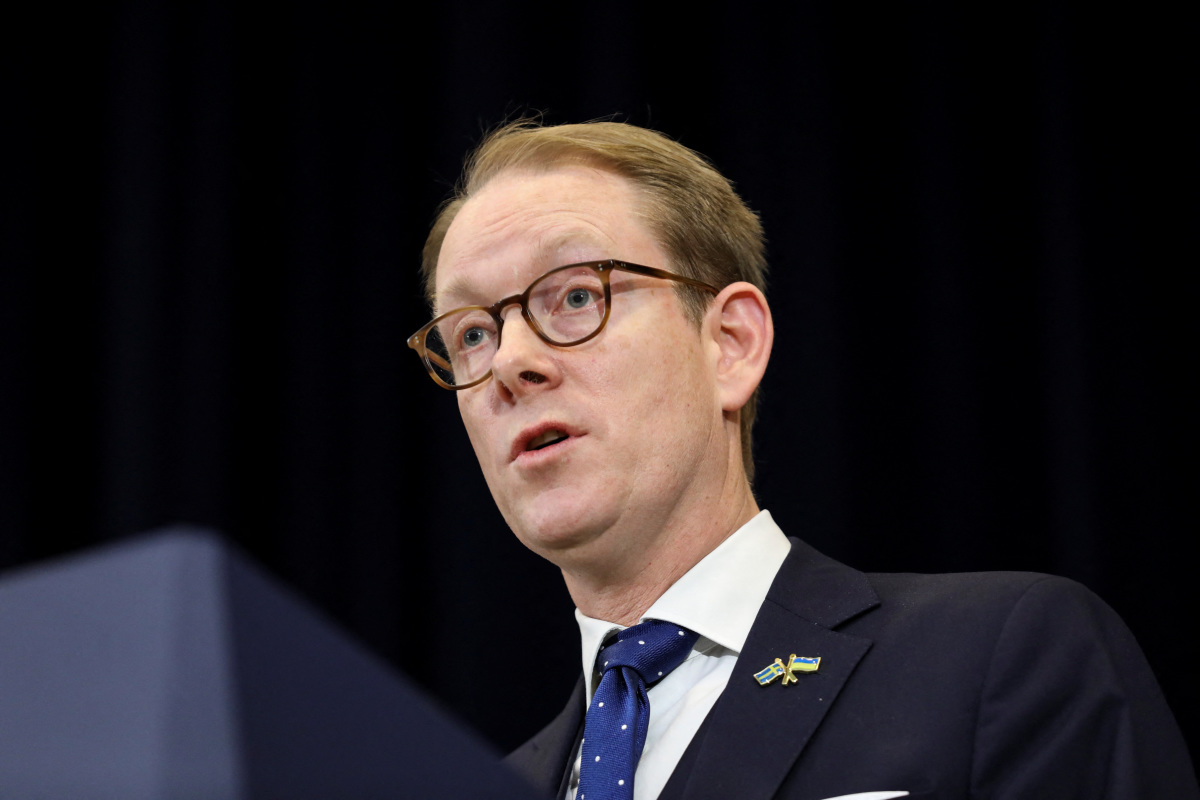Reuters
The U.S. Senate Finance Committee asked eight major automakers, including General Motors, Tesla, Ford Motor, and Honda Motor, to answer questions about their Chinese supply chains, according to letters made public on Thursday.
In June, a U.S. law took effect banning the import of forced-labor goods from Xinjiang, in a pushback against Beijing’s treatment of China’s Uyghur Muslim minority, which Washington has labeled genocide.
Senate Finance Committee Chair Ron Wyden wrote the chief executives of major automakers inquiring about Chinese supply chain issues, saying “it is vital that automakers scrutinize their relationships with all suppliers linked to Xinjiang.”
Beijing denies abuses in Xinjiang, but says it had established “vocational training centers” to curb terrorism, separatism and religious radicalism.
The letters, which were also sent to Toyota Motor, Volkswagen, Chrysler parent Stellantis and Mercedes-Benz, said “unless due diligence confirms that components are not linked to forced labor, automakers cannot and should not sell cars in the United States that include components mined or produced in Xinjiang.”
Wyden wants to know whether the automakers have ever canceled or curtailed use of any supplier “because of its use of raw materials, mining, processing, or parts manufacturing linked to Xinjiang?”
He cited a new report released earlier this month by researchers at Britain’s Sheffield Hallam University on the auto industry’s use of steel, aluminum, copper, batteries, electronics and other components produced in Xinjiang.
“Between raw materials mining/processing and auto parts manufacturing, we found that practically every part of the car would require heightened scrutiny to ensure that it was free of Uyghur forced labor,” the report said.
GM said Thursday it actively monitors its global supply chain and “conducts extensive due diligence, particularly where we identify or are made aware of potential violations of the law, our agreements, or our policies.” It added that its supplier contracts forbid the use of any “forced or involuntary labor, abusive treatment of employees or corrupt business practices in the supplying of goods and services to GM.”
The other automakers either did not comment or did not immediately comment.
The United Auto Workers (UAW) union this month called on automakers to shift their entire supply chain out of China’s Xinjiang region, saying “the time is now for the auto industry to establish high-road supply chain models outside the Uyghur Region that protect labor and human rights and the environment.”

